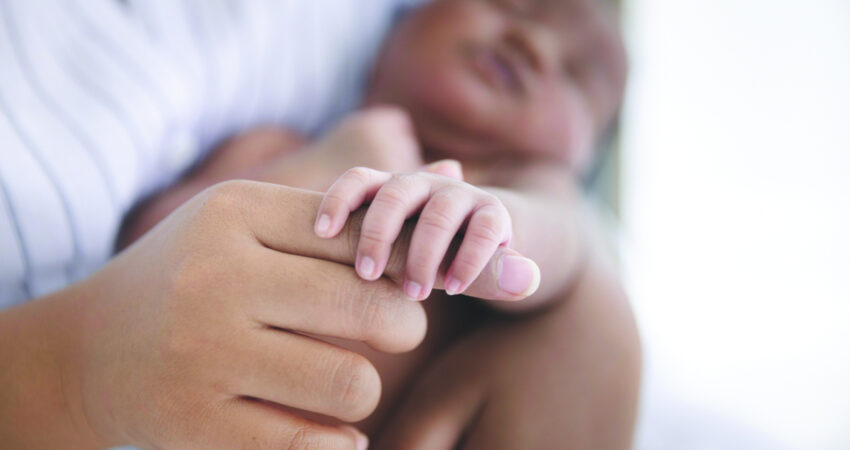
An early adopter of cardiovascular home monitoring through the National Pediatric Cardiology Quality Improvement Collaborative (NIP-QIC), Riley Children’s Health is Indiana’s only pediatric health system to offer cardiovascular home monitoring—now a standard of care for babies with hypoplastic left heart syndrome (HLHS).
Launched in 2010 to reduce interstage mortality, the cardiovascular home monitoring program at Riley Children’s provides care to infants with HLHS and single ventricle/complex physiology, as well as pediatric heart failure and transplant patients. Led by nurse practitioner, Dana M. Hartman, NP, MSN, the program has improved survival rates between first and second single ventricle heart surgeries, reduced the number of children experiencing growth failure, and increased the number of families taking advantage of therapies for developmental delays.
The program is implemented prior to discharge, during a multi-day “rooming-in” period, when families begin training on all equipment, medications, and feedings to ensure they are comfortable with providing at-home medical care. “The program is accessible through a unique cellphone app, which helps families in tracking their child’s wellness, including oxygen levels and weight. It also enables our cardiologists to evaluate vitals and other data in real-time,” said Hartman. Although similar programs are becoming standard, Riley Children’s was among the first to utilize technology to connect caregivers with their child’s cardiology team. Families also have access to the cardiology team 24 hours a day, 7 days a week to troubleshoot concerns and for additional medical attention when needed.
Since developing a cardiovascular home monitoring program, Riley Children’s has helped the tiniest hearts with severe congenital heart defects. Notably, Riley Children’s has seen:
- Less than 5% interstage mortality for the past 10 years
- 89% survival from birth to first birthday
- More than 75% without growth failure by Stage 2 intervention
- Less than 1% readmission rate for major or serious adverse events through Stage 2 intervention
- Allows patients to go home sooner
- Contributes to continuous improvement in median length of stay following the Norwood procedure
“Families and caregivers have also reported a positive experience with our program, and many are more engaged and confident in taking care of their baby at home,” said Hartman. With the success of cardiovascular home monitoring, Riley Children’s plans to continue to expand capabilities to more high-risk patients with congenital heart disease to meet the growing demand.
Related Doctor





